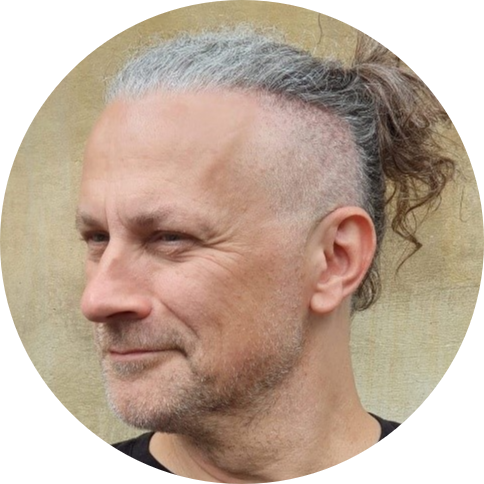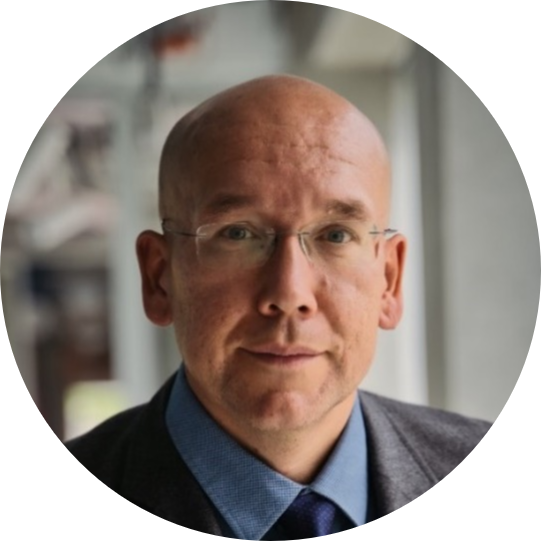 |
Paweł Frelik – Associate Professor in the American Studies Center, University of Warsaw. His research interests include audiovisual media, popular genres, and politics of/in culture. He is the author of over 150 international publications and sits on the editorial boards of Science Fiction Studies (USA), Extrapolation (USA/UK), and Journal of Gaming and Virtual Worlds (UK). He also co-edits the New Dimensions in Science Fiction book series at the University of Wales Press. In 2012-14, he was President of Science Fiction Research Association (USA) and now serves as President of International Association for the Fantastic in the Arts (USA). In both positions, he has been the first researcher from outside the United States and Great Britain. | ||
 |
Piotr Jaworski – Certified auditor, mentor, and business trainer. Team leader with over 20 years of experience. Graduate of the Warsaw School of Economics (SGH), Kozminski University and Maria Curie-Skłodowska University. Head of audit teams in many organizations (ARiMR, PGZ S.A., PKP Intercity, PKP PLK). For over 20 years, he has been assessing organizations and projects as an auditor and evaluator. Expert in management and control systems. He began to gain extensive experience in this field in the late 1990s as coordinator of the European Program at the Institute of Public Affairs. After the end of the conflict in the Balkans, as an OSCE employee, he implemented the peace plan in Serbia and Macedonia, learning in practice what a multicultural team is all about. As the owner of a consulting company, he has developed and implemented internal control and risk management systems in several hundred units of the public finance sector, including the largest Polish metropolises - Warsaw, Wrocław, Gdańsk. Former head of the Collegium Wratislaviense Mentor School. Lecturer in mentoring and at postgraduate studies at the Warsaw School of Economics. (SGH), Poznań University of Economics and Business, and Catholic University of Lublin. Author of articles on evaluation, control, audit and project management. Co-author of the book "Academic mentoring program in practice". Author of an online course on remote team management and coaching management style. |
||
 |
Monika M. Kaczmarek - Associate Professor in the Institute of Animal Reproduction and Food Research PAS in Olsztyn. Her research interests are broad, spanning multiple disciplines, but are primary focused on unrevealing the molecular mechanisms of progeny-maternal interactions during pregnancy and the postnatal period. She has received numerous scientific awards and fellowships, including recognitions from the Foundation for Polish Science, the Polish-American Fulbright Commission, and the Alexander von Humboldt and Hertie Foundations. With over 70 scientific articles and several book chapters published, she adeptly combines her passion for science with activities in popularization and organization. Since 2020, she has been a member of the Council of the National Science Center. |